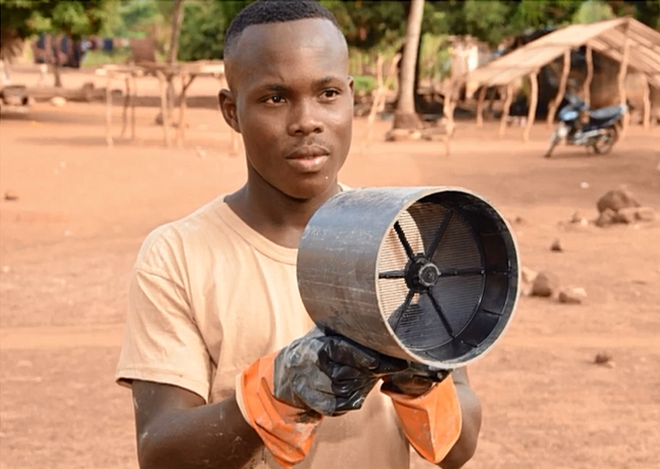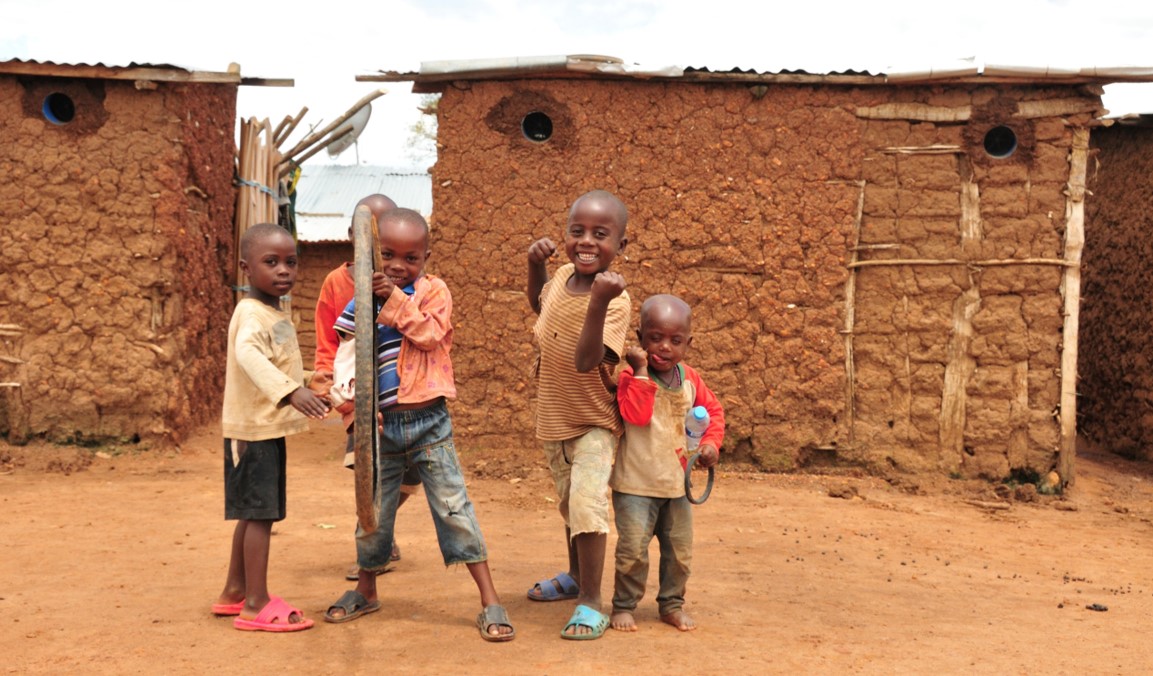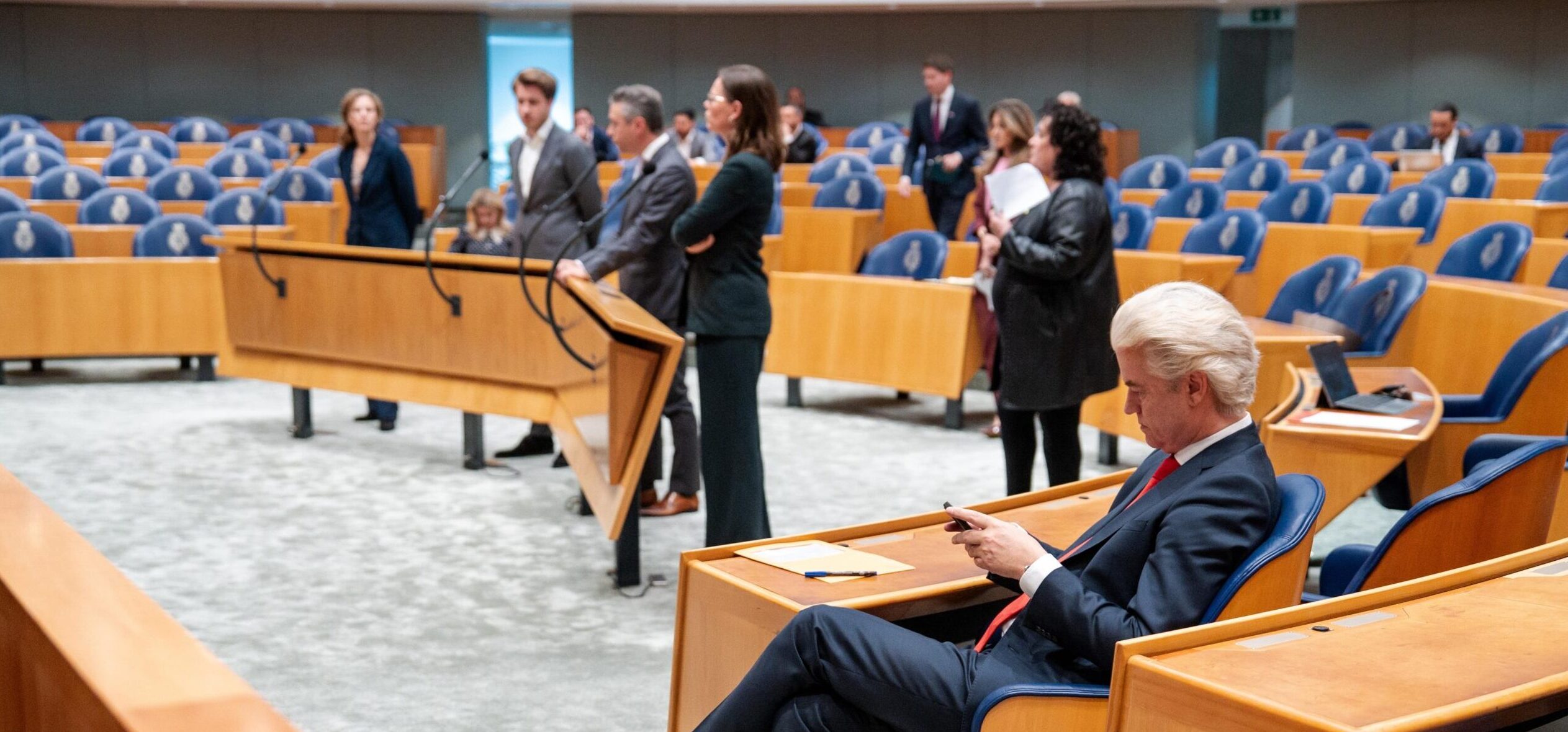Most Africans protect themselves from mosquitoes by sleeping under mosquito nets impregnated with insecticides. Moreover, the government often sprays houses with insecticides. In2Care, a Wageningen-based business, offers an effective and environmentally friendly alternative. This was demonstrated during a test funded by the Bill and Melinda Gates Foundation in the Ivory Coast.
Ventilation tubes
In2Care placed several ventilation shafts (EaveTubes) high up in the walls in a large number of houses in half of the tested villages. Through the scent of humans in the house, these pipes attract malaria mosquitoes. In the tube, there is a static gauze that attracts a powdered insecticide. When mosquitoes land on this gauze, they are ‘attacked’ by the powder and die. Research showed that the villages in which the so-called EaveTubes were installed, recorded 40 per cent fewer cases of malaria than the villages where only mosquito nets were used.
Insecticides
‘The advantage of the EaveTubes,’ says Tim Möhlmann of In2Care, ‘is that the insecticides are high up in the wall, well away from children. Moreover, this method requires only a small amount of insecticide. And, the mosquitoes are repelled with a high dosage of insecticide, killing even resistant mosquitoes.’ In2Care has patented the static gauze.
Mosquito nets
The number of malaria infections dropped in proportion to the number of houses in the village that were equipped with EaveTubes, the research showed. ‘The decline is much greater than the effect of mosquito nets’, Möhmann says. ‘Even the best nets lead to no more than a 12 per cent drop in malaria cases.’

In2Care has already made hundreds of thousands EaveTubes. The static gauze with insecticide must be replaced annually. Installing the pipes costs the same as regularly spraying the home, while replacing the gauze every year is much cheaper, according to Möhlmann. Moreover, EaveTubes are much more environmentally friendly than traditional methods.
WHO
The Wageningen company aims to sell the EaveTubes in more African countries but faces issues. The Gates Foundation-funded project is concluded successfully, but the WHO refuses to certify the EaveTubes, unless a further, similar test is conducted. However, Gates is currently focusing on the development of vaccines against malaria and does not wish to fund a second study.
Further research
‘Governments in Africa are only provided with donor funding if they use WHO-recommended products’, Möhlmann says. ‘But the WHO demands further research before recommending our product. That would cost 3.5 million euros, a sum we don’t have. We are looking for new sponsors.’
In2Care employs 8 people, half of whom studied at WUR. Möhlmann obtained his PhD on mosquitoes and midges with the Entomology department.

 Photo: In2Care
Photo: In2Care 

